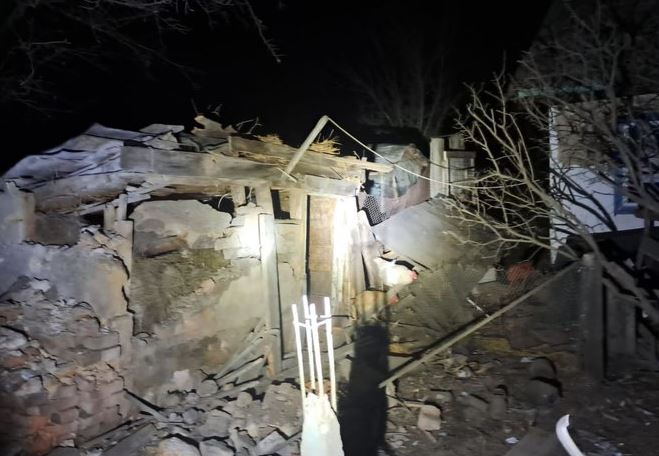Moscow: In what marks a significant escalation in the ongoing conflict, Ukraine has reportedly conducted a massive overnight drone and missile strike across several Russian regions. The attack targeted industrial and strategic locations, with notable impacts in the cities of Saratov, Engels, and Kazan, where factories were hit, causing considerable damage.

According to statements from Russian defense officials, the assault involved over 200 drones and at least five U.S.-manufactured Army Tactical Missile Systems (ATACMS). They claimed that all incoming threats were successfully intercepted, though the scale of the operation suggests intense defensive activity.
The strikes have prompted immediate security measures across the affected areas. Multiple airports, including those in Saratov, Kazan, and other nearby regions, were subjected to flight restrictions as a precautionary measure. This has disrupted both civilian and military air traffic, highlighting the broader implications of such military engagements on everyday life.
This recent offensive by Ukraine follows a similar pattern of retaliatory or strategic strikes. Just last week, an attack on an oil depot in Saratov ignited a massive fire that took five days to control, underscoring the increasing boldness and reach of Ukrainian military operations. The damage to infrastructure not only signifies a direct hit on Russia’s industrial capabilities but also serves as a psychological warfare tactic, demonstrating Ukraine’s ability to strike deep into Russian territory.
The use of ATACMS missiles, which are known for their precision and range, indicates a significant upgrade in Ukraine’s military arsenal, possibly through Western support. This development has raised concerns about the escalation of the conflict, with fears that it could lead to a broader confrontation, especially given Russia’s likely response to such provocations.
The international community has been closely monitoring these events, with various nations and international bodies expressing concern over the potential for further destabilization in the region. There have been calls for de-escalation and diplomatic engagement to prevent the situation from spiraling into a larger conflict.
As both nations continue to engage in this high-stakes chess game, the global implications are profound, affecting everything from energy markets to geopolitical alliances. The resilience of Ukraine in the face of Russian aggression, combined with its ability to conduct sophisticated strikes, has reshaped the narrative around this conflict, challenging the conventional dynamics of power in Eastern Europe.



